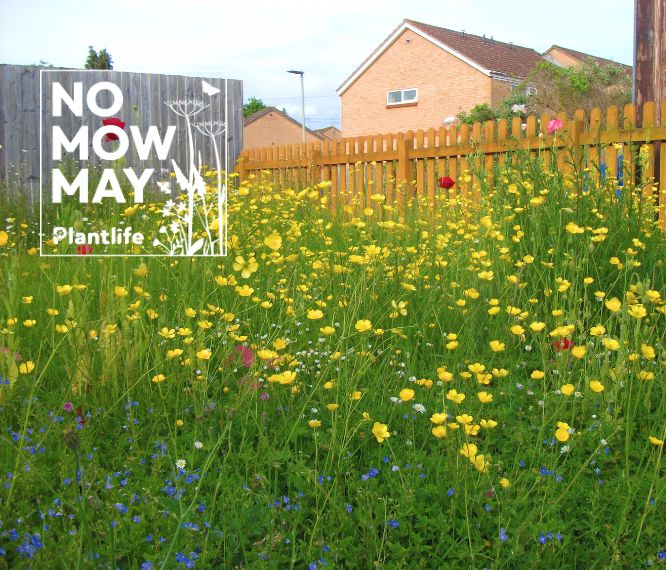… as EDDC announces a six-month no-mow plan for its grassed areas
.
Today is International Sunflower Guerrilla Gardening Day, “encouraging people everywhere to plant sunflowers in neglected areas, brightening these spaces with tall, sunny blooms”.
Here’s a lovely post from the Guerrilla Garden Adventures on today’s International Sunflower Guerrilla Garden Day – and she in turn points to the Gardenista website and their Guerilla Garden Day: May 1, 2024 Is the Day to Spread Sunflower Seeds:
On May 1, International Sunflower Guerrilla Garden Day (ISGGD), citizens will plant sunflower seeds on untended spots in their cities. The movement began as a grassroots effort in 2006 by a group of guerrilla gardeners, including one who calls himself Girasol 829, or “The Brussels Farmer” in Belgium. In the book On Guerrilla Gardening, Richard Reynolds explains its origins: “From the outset they wanted the project to link and shape both the physical landscape and the online landscape. They decided to plant sunflowers (Helianthus annus) all over the city and to encourage other people to do the same around the world.”

And today is also the start of Plantlife’s No Mow May with Devon Live reporting on David Attenborough’s stark warning to avoid this common garden chore until July:
Sir David Attenborough has urged Brits to ‘delay mowing’ their lawns – and told people that this common gardening task shouldn’t occur until mid-July. With April having been wet and dreary, many green-fingered folks are likely itching for the opportunity to freshen up their lawns as summer approaches. Despite this, advocates of the ‘No Mow May’ campaign are encouraging Brits to leave their grass a bit longer, according to the Daily Record.
The reasoning behind this plea is not only about aesthetics but also related to the welfare of our insect populations. Bugs such as butterflies, bees, and wasps rely heavily upon the likes of daisies and other plants growing between lawn blades in order to pollinate and sustain their ecosystems.
Meanwhile, a six-month no-mow plan has been announced for grassed areas by East Devon: let’s see how that goes…
…